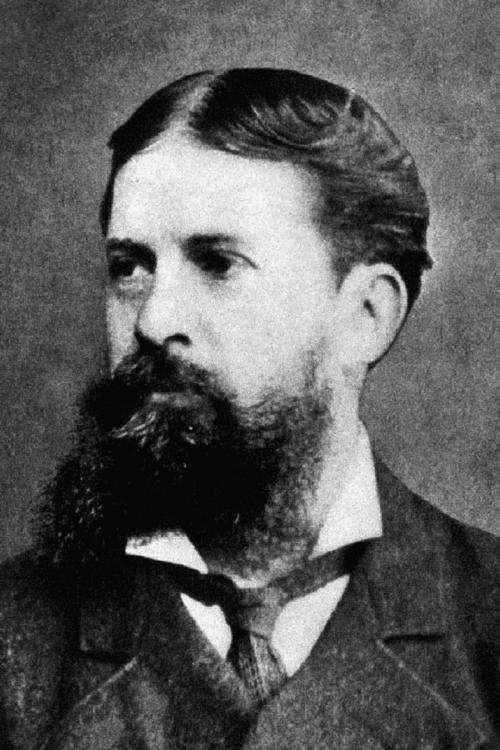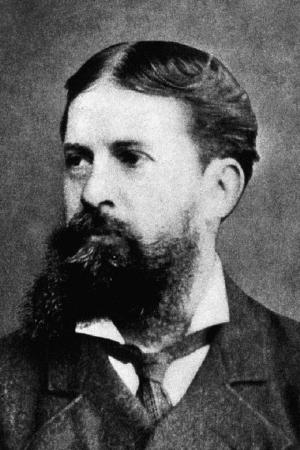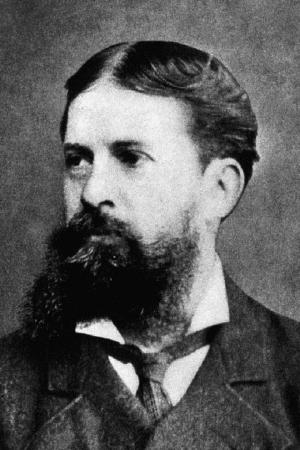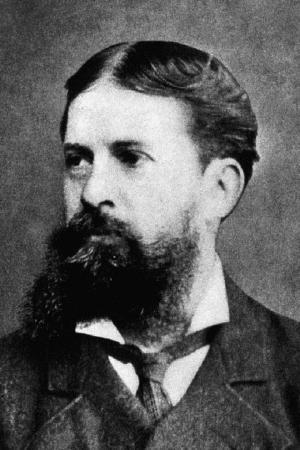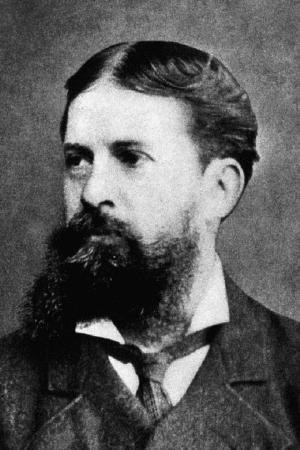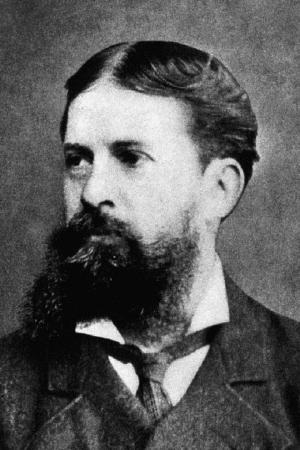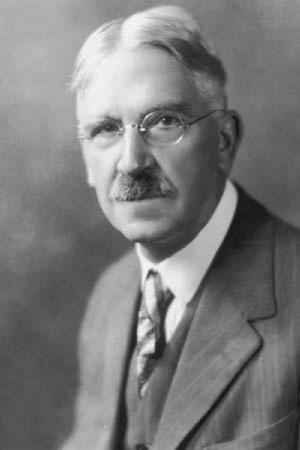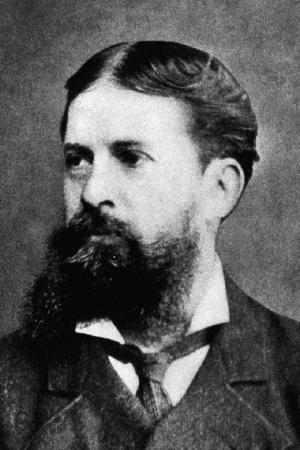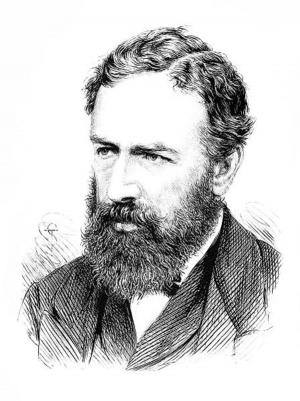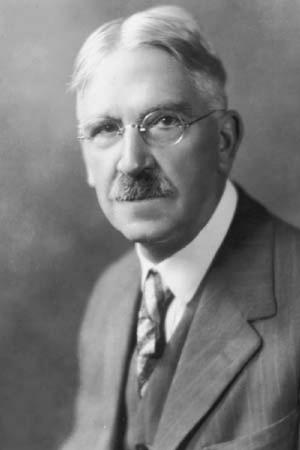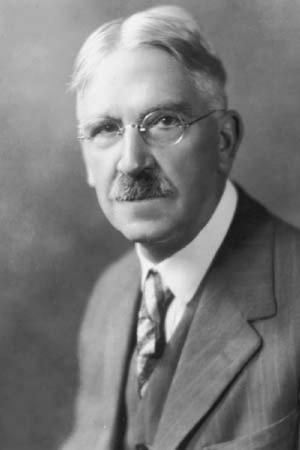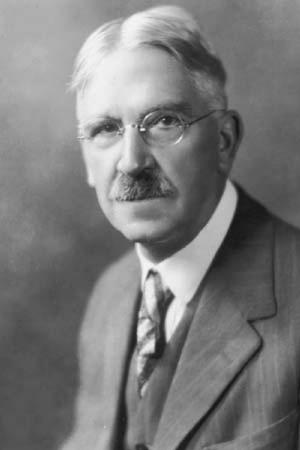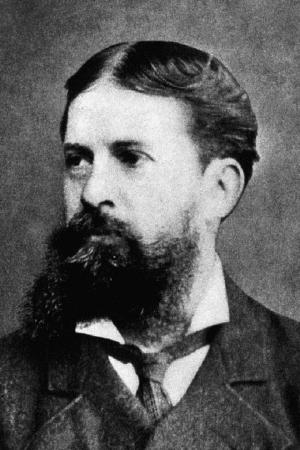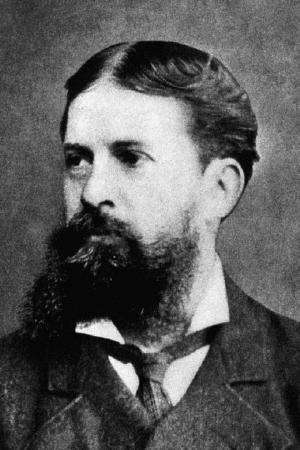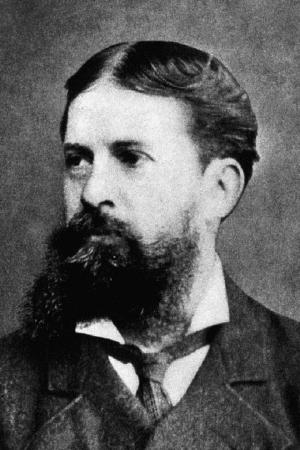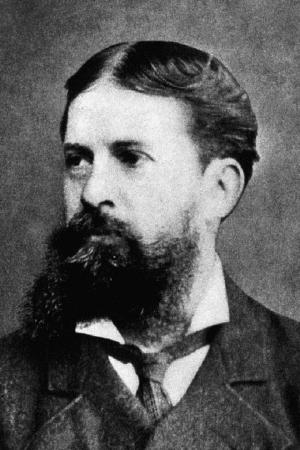Prolegomena to an Apology for Pragmaticism (Illustrated)
Business & Finance, Economics, Macroeconomics| Author: | Charles Peirce, Timeless Books: Editor | ISBN: | 1230001227864 |
| Publisher: | Timeless Books | Publication: | July 14, 2016 |
| Imprint: | Language: | English |
| Author: | Charles Peirce, Timeless Books: Editor |
| ISBN: | 1230001227864 |
| Publisher: | Timeless Books |
| Publication: | July 14, 2016 |
| Imprint: | |
| Language: | English |
The book has an active table of contents for readers to access each chapter directly.
In 1934, Paul Weiss, an American philosopher, the founder of The Review of Metaphysics, and the Metaphysical Society of America, called Charles Peirce "the most original and versatile of American philosophers and America's greatest logician".
In 1943, Webster's Biographical Dictionary added Charles Peirce’s introduction as "now regarded as the most original thinker and greatest logician of his time."
Max Fisch, a well-known writer of identity, individuality, responsibility, morality, and political commitment, commented Charles Peirce as the follow:
“Who is the most original and the most versatile intellect that the Americas have so far produced? The answer Charles S. Peirce is uncontested, because any second would be so far behind as not to be worth nominating. He was mathematician, astronomer, chemist, geodesist, surveyor, cartographer, metrologist, spectroscopist, engineer, inventor; psychologist, philologist, lexicographer, historian of science, mathematical economist, lifelong student of medicine; book reviewer, dramatist, actor, short story writer; phenomenologist, semiotician, logician, rhetorician and metaphysician.”
Without any doubt, Charles Peirce is in the row of the best minds with Henry George, William James, Thorstein Veblen, and Ludwig Wittgenstein.
In 1906, Charles Peirce published his foundational paper to his theory of Pragmatism, Logic and Science PROLEGOMENA TO AN APOLOGY FOR PRAGMATICISM. In this paper, Peirce discussed and detailed with true cases that Pragmatism is a philosophic school that considered practical consequences or real effects to be vital components of both meaning and truth. Other important aspects of pragmatism include anti-cartesianism, radical empiricism, instrumentalism, anti-realism, verificationism, conceptual relativity, a denial of the fact-value distinction, a high regard for science and evolution, and fallibilism.
Pragmatism enjoyed renewed attention in the 1980's due to a new school of philosophers putting forth a revised pragmatism that drew upon both Analytic and Continental Philosophy. In response to the neo-pragmatists, there has more recently arisen another new school of pragmatism that works strictly within the bounds of Analytic Philosophy.
This is a must-read book to understand the foundational thought of Pragmatism, Philosophy, Logic, and Science by Charles Peirce, one of the greatest philosophers and logicians in the world.
The book has an active table of contents for readers to access each chapter directly.
In 1934, Paul Weiss, an American philosopher, the founder of The Review of Metaphysics, and the Metaphysical Society of America, called Charles Peirce "the most original and versatile of American philosophers and America's greatest logician".
In 1943, Webster's Biographical Dictionary added Charles Peirce’s introduction as "now regarded as the most original thinker and greatest logician of his time."
Max Fisch, a well-known writer of identity, individuality, responsibility, morality, and political commitment, commented Charles Peirce as the follow:
“Who is the most original and the most versatile intellect that the Americas have so far produced? The answer Charles S. Peirce is uncontested, because any second would be so far behind as not to be worth nominating. He was mathematician, astronomer, chemist, geodesist, surveyor, cartographer, metrologist, spectroscopist, engineer, inventor; psychologist, philologist, lexicographer, historian of science, mathematical economist, lifelong student of medicine; book reviewer, dramatist, actor, short story writer; phenomenologist, semiotician, logician, rhetorician and metaphysician.”
Without any doubt, Charles Peirce is in the row of the best minds with Henry George, William James, Thorstein Veblen, and Ludwig Wittgenstein.
In 1906, Charles Peirce published his foundational paper to his theory of Pragmatism, Logic and Science PROLEGOMENA TO AN APOLOGY FOR PRAGMATICISM. In this paper, Peirce discussed and detailed with true cases that Pragmatism is a philosophic school that considered practical consequences or real effects to be vital components of both meaning and truth. Other important aspects of pragmatism include anti-cartesianism, radical empiricism, instrumentalism, anti-realism, verificationism, conceptual relativity, a denial of the fact-value distinction, a high regard for science and evolution, and fallibilism.
Pragmatism enjoyed renewed attention in the 1980's due to a new school of philosophers putting forth a revised pragmatism that drew upon both Analytic and Continental Philosophy. In response to the neo-pragmatists, there has more recently arisen another new school of pragmatism that works strictly within the bounds of Analytic Philosophy.
This is a must-read book to understand the foundational thought of Pragmatism, Philosophy, Logic, and Science by Charles Peirce, one of the greatest philosophers and logicians in the world.
